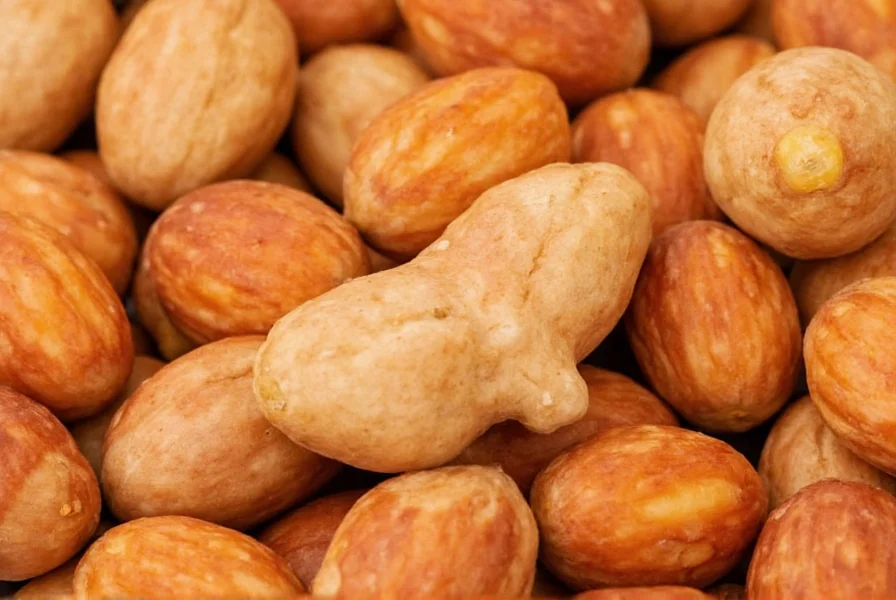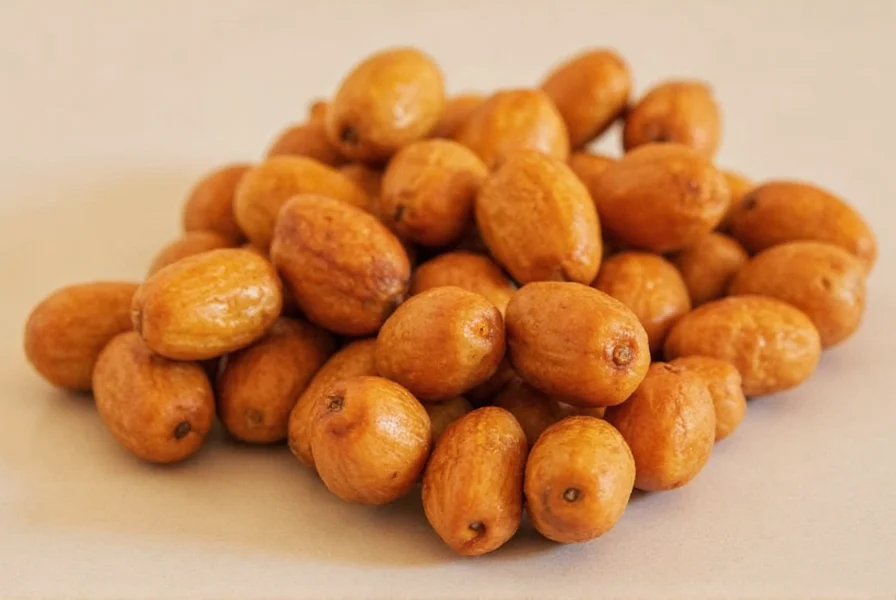Ginger isn't just a spice—it's a botanical powerhouse with thousands of years of medicinal and culinary use. Understanding when and why we celebrate Ginger Day reveals much about this extraordinary rhizome's enduring value in human health and culture. While International Ginger Day occurs on February 27th, National Ginger Day in the United States is recognized on November 21st, creating two annual opportunities to appreciate ginger's multifaceted contributions to wellness and cuisine.
The Historical Roots of Ginger Appreciation
Ginger's journey through human history spans millennia. Ancient Chinese and Indian medical texts dating back to 500 BCE document ginger's therapeutic applications. Traders along the Silk Road carried ginger from its Southeast Asian origins to markets across Europe and the Middle East. By the 1st century CE, Roman merchants paid exorbitant prices for ginger, considering it as valuable as gold. This historical reverence for ginger's properties naturally evolved into modern celebrations acknowledging its continued relevance.
Scientifically Supported Health Benefits of Ginger
Modern research validates many traditional uses of ginger. A comprehensive analysis published in the International Journal of Preventive Medicine confirms ginger's effectiveness in managing nausea, particularly for pregnancy-related morning sickness and chemotherapy-induced nausea. The active compounds gingerol and shogaol demonstrate potent anti-inflammatory effects comparable to some pharmaceutical interventions, but without the same side effect profile.
| Health Benefit | Scientific Evidence | Recommended Daily Intake |
|---|---|---|
| Digestive Support | Multiple studies show ginger accelerates gastric emptying | 1-1.5g fresh ginger |
| Inflammation Reduction | Gingerols inhibit inflammatory pathways (COX-2) | 2g dried ginger powder |
| Nausea Relief | 80% effectiveness in pregnancy-related nausea | 250-500mg ginger extract |
| Immune Support | Antioxidant properties enhance immune response | Regular culinary use |
How to Celebrate Ginger Day Meaningfully
Observing Ginger Day extends beyond simply using ginger in your cooking. Consider these evidence-based approaches to maximize your celebration:
- Morning ritual: Start your Ginger Day with 200ml of freshly grated ginger tea (1-inch piece of ginger in 500ml boiling water, steeped for 10 minutes). This practice supports digestive health and provides anti-inflammatory benefits.
- Culinary exploration: Try incorporating ginger into unexpected dishes—not just Asian cuisine. Add grated ginger to roasted carrots, blend into smoothies, or create ginger-infused olive oil for salad dressings.
- Educational component: Research different ginger varieties (fresh, dried, preserved, crystallized) and their specific health properties. Fresh ginger contains higher levels of gingerol, while dried ginger offers more shogaol.

Ginger Quality Matters: Fresh vs. Dried vs. Supplemental Forms
Not all ginger delivers equal benefits. Understanding the differences between ginger preparations helps maximize health benefits on Ginger Day and beyond:
Fresh ginger contains the highest concentration of gingerol, the compound responsible for many of ginger's health benefits. As ginger dries or cooks, gingerol converts to shogaol, which has different but equally valuable properties. For digestive support, fresh ginger is generally preferred, while dried ginger may offer stronger anti-inflammatory effects.
When selecting fresh ginger, look for firm, smooth rhizomes with taut skin. Avoid pieces with wrinkles, soft spots, or mold. Properly stored in the refrigerator, fresh ginger maintains quality for up to three weeks. Freezing extends its shelf life while preserving most beneficial compounds.
Integrating Ginger Into Year-Round Wellness
While Ginger Day provides a dedicated opportunity to appreciate this remarkable plant, incorporating ginger regularly delivers sustained health benefits. Research suggests consistent consumption yields better results than occasional use. Consider these practical integration strategies:
- Create a weekly rotation of ginger-infused recipes to maintain variety
- Keep ginger tea bags or fresh ginger readily available for quick preparation
- Combine ginger with complementary ingredients like lemon, turmeric, or honey for enhanced effects
- Track how ginger affects your personal wellness markers (digestion, inflammation, energy)
Ginger's versatility makes it accessible for nearly everyone. Whether you're managing occasional digestive discomfort, seeking natural anti-inflammatory options, or simply expanding your culinary repertoire, ginger offers evidence-based solutions. The existence of dedicated Ginger Days reflects our collective recognition of this humble rhizome's extraordinary contributions to human health and culture.

Frequently Asked Questions
When exactly is International Ginger Day celebrated each year?
International Ginger Day is celebrated annually on February 27th. This global observance recognizes ginger's historical significance, health benefits, and culinary versatility across different cultures worldwide.
What's the difference between International Ginger Day and National Ginger Day?
International Ginger Day occurs on February 27th and is recognized globally, while National Ginger Day in the United States is observed on November 21st. Both days celebrate ginger's benefits but originated separately with different cultural emphases—International Ginger Day focuses on global appreciation, while National Ginger Day has stronger roots in American culinary traditions.
How much ginger should I consume on Ginger Day for health benefits?
For therapeutic benefits, research suggests 1-1.5 grams of fresh ginger (approximately one inch of the root) daily for digestive support, or 2 grams of dried ginger powder for inflammation management. However, moderate culinary use throughout the day—adding ginger to tea, cooking, and baking—provides cumulative benefits without exceeding safe consumption levels.
Can children safely participate in Ginger Day celebrations?
Yes, children can safely enjoy ginger in culinary amounts. For children over 2 years, small amounts of ginger tea (¼ to ½ cup diluted with water) or ginger-infused foods are generally safe. However, consult a pediatrician before giving children ginger supplements or concentrated forms, especially for medicinal purposes.
Are there any precautions to consider when celebrating Ginger Day?
Individuals taking blood-thinning medications should consult their physician before significantly increasing ginger consumption, as ginger may enhance these medications' effects. Those with gallstones should also exercise caution, as ginger stimulates bile production. For most people, moderate culinary use of ginger presents no risks and offers multiple health benefits.











 浙公网安备
33010002000092号
浙公网安备
33010002000092号 浙B2-20120091-4
浙B2-20120091-4